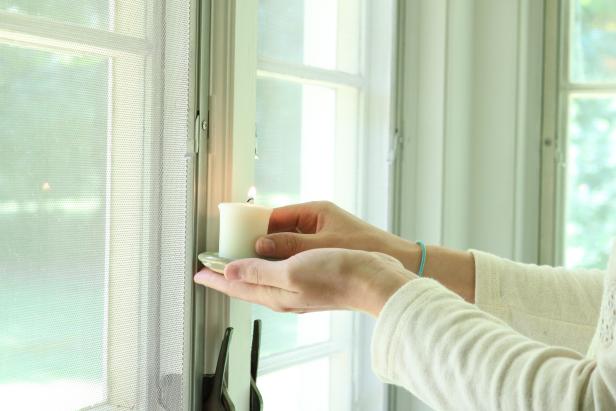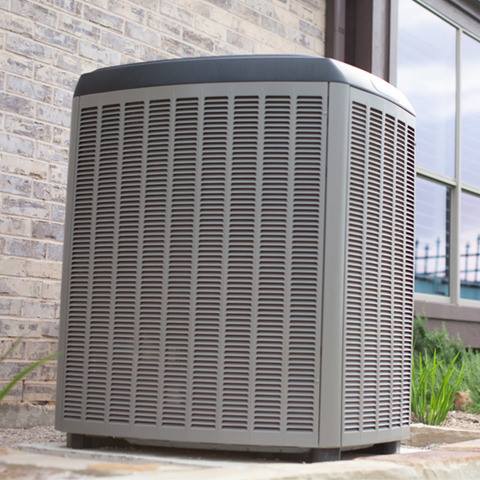Spring has come and appears to be here to stay. If you haven’t already, it’s a good time for Spring Cleaning. Dust and dirt can settle around the house, making both allergy season and your system performance worse. There are always a few tasks that seem difficult, but here are some tips to make cleaning this Spring easier. From cleaning your refrigerator’s coils to the fixtures, here are some tips to make it all a little easier for you this year.
Tag: AC
Spring Heating & Cooling Maintenance
The spring season brings different changes to many things, including the weather. The temperatures can swing anywhere between soothing and frigid. A sunny day might be trailed by several days of rain.
As the spring climate is unpredictable, preparing your system bodes well. Keeping up with a healthy home is more than just traditional Spring Cleaning. During winter, numerous parts of your house are dismissed or are not used as frequently as others. Getting both the interior and exterior of your home in place for spring will guarantee that you are prepared to enjoy the warmer weather.
Below are some maintenance tips you will surely find helpful this season!
- Duct Cleaning
For better breathing and indoor air quality, you should hire an expert duct cleaner, usually every five to seven years. Amid an expert tune-up, an expert in HVAC can educate you on the condition of your air ducts. Talk with an expert about testing those air ducts for you.
- Air Filter
Changing the air filter during this season is a good idea, as well. Your air filters ought to be replaced based on need and use, normally around thirty-to-ninety days. Always examine and inspect your air filter monthly, ensuring whether it is clean enough to continue using or if it should be replaced.
Your air filters are critical to keeping up good and quality indoor air. If the air filter is messy, the air is likely also dirty. Moreover, if the air filter is messy, it is harder for your air conditioner/cooling system to carry out its activity; bringing about poor air current, increase wear and tear, and higher energy costs.
- Keep away from heat by using your windows and vents effectively.
Work your thermostat efficiently and make good use of your fans and other ventilation methods to help cool your home. Check all vents and window seals to ensure that you shield hot air from leaking into your home.
You should observe that your cooling system is efficiently running. Lighting and appliances can increase the heat inside your house, making your system work overtime and cause wear and tear. Try to limit the appliances running together, especially during peak hours.
- Regulate your thermostat to a comfortable level.
This is a season to keep your home warmer than ordinary when you are away, and regulate down the thermostat setting to 68°F (approximately 20°C) just when you are at home and need cooling. A thermostat that could be programmed will make this easy to reset your temperature.
Learn how to use your thermostat to save more energy.
Refrain from setting the thermostat colder than typical when you are using air conditioner. This won’t cool your home any quicker and could bring about overcooling and other costs that are not necessary.
There you have it, a few tips to make sure your home is prepared for the pleasure this spring season has to offer.
DIY Help – Caulking Your Windows
Winter is fast ending, but that doesn’t mean we’re finished with this subject just yet. If you have checked your windows for drafts, that’s good! If not, you probably should. This isn’t just a winter problem, as drafts around seals, especially windows, can make your system run overtime any day of the year. That can mean higher bills.
Nobody wants that.
So, in addition to smart thermostat settings and an even temperature maintenance, here’s another way you can keep your system running smoothly and efficiently. Start by taking a candle and holding it around the edges of your window. This works best on windy days. The candle flame will move when you encounter a draft. This tells you that your caulking on the outside is likely old and/or cracked. This can happen easily in the summer sun, especially after some time has passed. This article on DIY Network’s website tells you what you need and how to replace the glaze and caulk around your windows.
A Few Cool Life Hacks for Summer:
You can enjoy warmth in winter and cool air in summer, at home and at work, while still keeping your energy bills in check. With the following tips and insights, you can enjoy the benefits of your gadgets and, at the same time, keep your energy bills low throughout the year.
- Cooling Tips:
If worse comes to worst, there are some tricks to staying cool in summer if your air conditioning needs replaced or you really need to keep a lid on the bills for a while.
Open the windows and position your fans in such a way that warm air finds its way out of the room to be replaced by cooler air.
Once this is done, or right before it starts to heat up again, close all the windows to keep the cool air in and the warm air out. To maintain the coolness within, keep sunlight out by closing drapes and blinds. Big trees with lots of possible shade will make this easier.
You can stick sheets in your refrigerator for a few minutes before bedtime. A plastic bag covering will avoid direct contact with food and other smells the fridge may have. The cool sheets will help you fall asleep easily.
- Temperature Control:
During the day, use natural lighting as much as possible by opening doors, windows, and drapes. While you’re away from the house, and in summer, set your thermostat as high as possible and only keep the temperature low when you are indoors to lower your cooling bill.
Eliminate the sources of heat that you can do without. Avoid incandescent bulbs if you can, as they give off so much heat. Use energy saving light bulbs. They are cooler, last longer, and save you money. The same applies for computers and other appliances not in use. Simply put, if you’re not using it, keep it off, especially at night
Use homemade items to regulate your room temperature, to aid your air conditioner. In winter, use blankets to cover up your windows to prevent the cold coming in. in summer, you can use plastic window covers, or even aluminum foil, to stop the sun streaming in and making the room hotter.
You can also be creative with your fan(s). Your fan can aid your air conditioner if you position a bowl of ice right in front of it. The breeze will blow cool air and you can sit right in front of this air to get the perfect feel.
If you have more than one fan and have to entertain a room of people, or would just like the airflow to cover the area better and possibly be an aid to your air conditioning unit, simply set up your fans inside the room to create an interesting but effective flow of cool air.
Most ceiling fans have a clockwise and a counterclockwise setting to be used for the different seasons. To determine which setting your fan is on, switch it on and stand directly beneath it. If you immediately feel the breeze, it’s on the summer setting that blows air downwards. To change the direction check near the base of the fan for a button that changes the fan direction. The winter setting blows air upwards to create a steadier temperature.
4th of July Heat Wave AC Disaster!
I wanted to let you know what great service we (again) received from your folks when our AC stopped over the 4th of July heat wave. Steve was just as responsive as always and Bryan never gave up coming back multiple times to solve the problem. Your guys always make us feel like we are your most important client and we know you are doing your very best for us. Then industry podcasts as well, that’s another way I try and keep in touch with everything. ‘This Week in Tech’ is a good one http://robertrobb.com/house-gop-tax-plan-has-three-big-flaws/ buy cialis for technology. Thank you all again, we hope to keep you as our air handlers always. 🙂
– Pam and Garey




